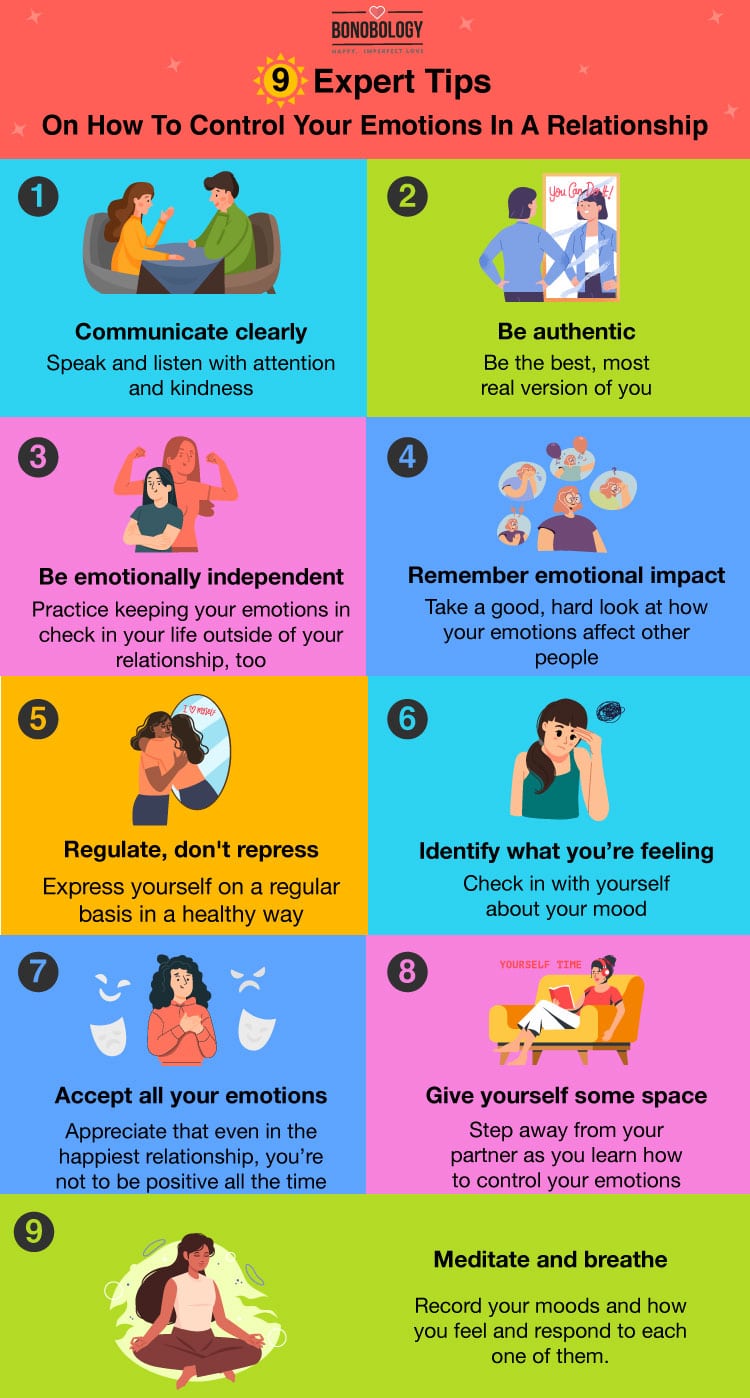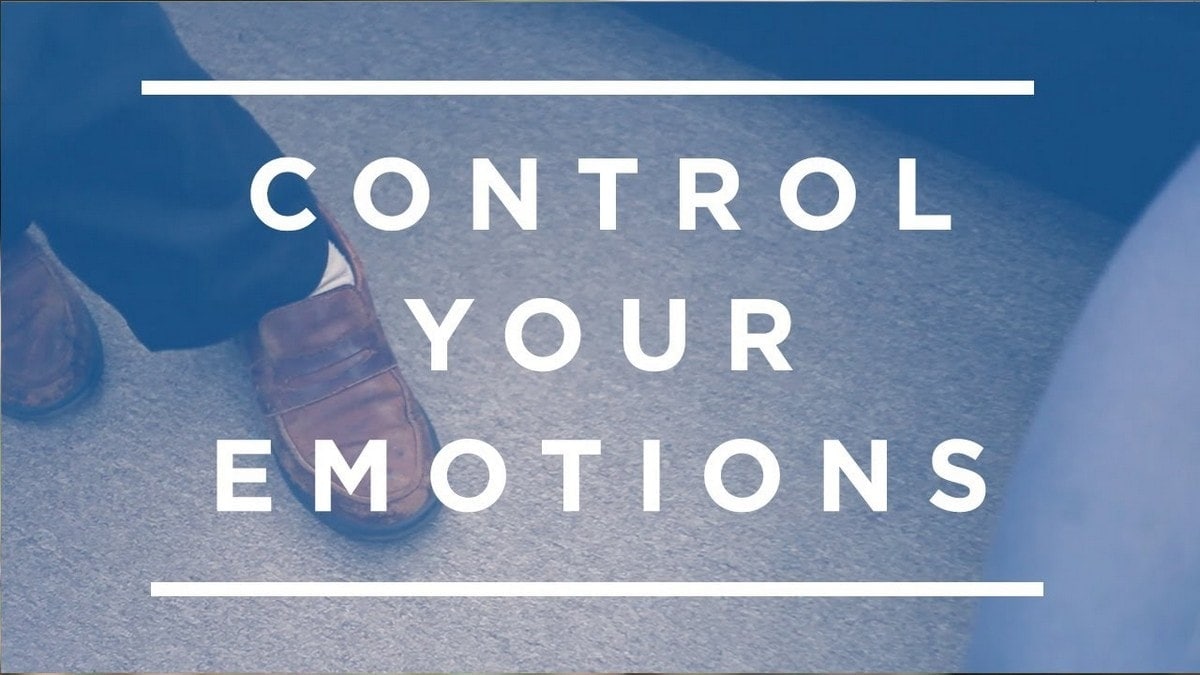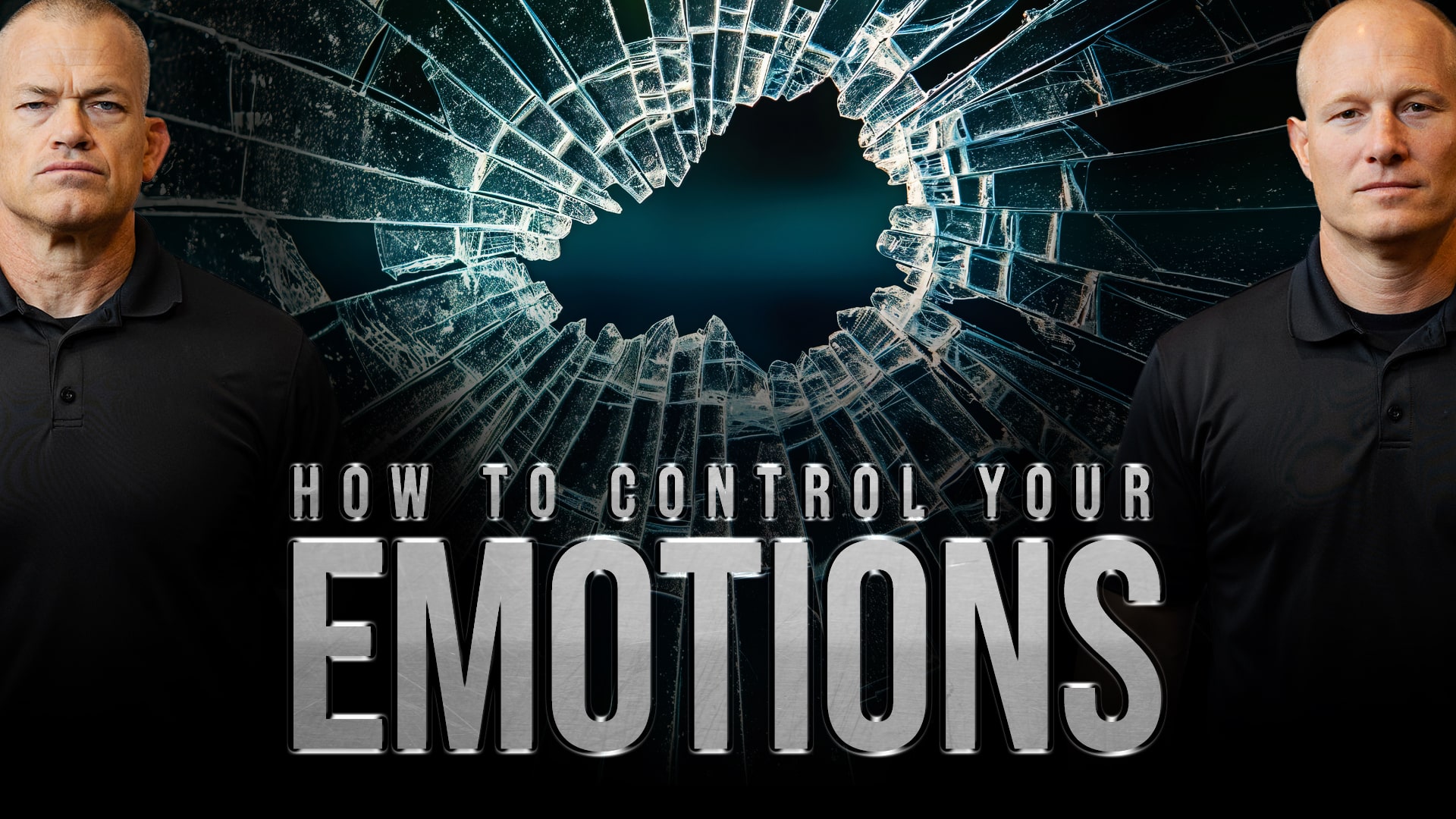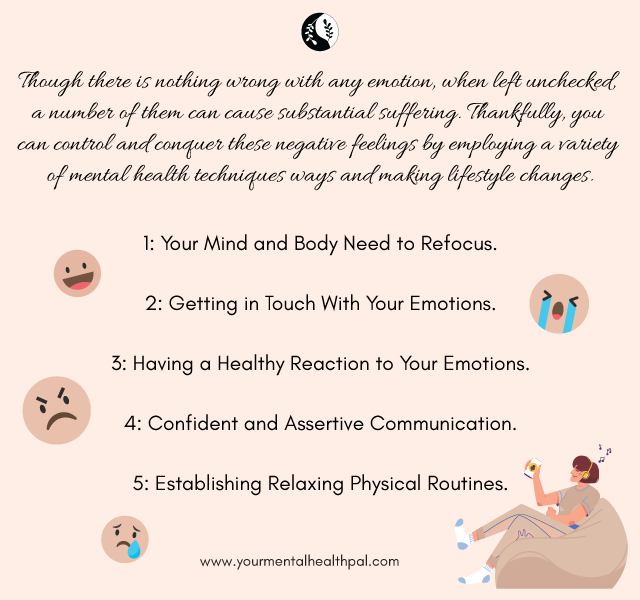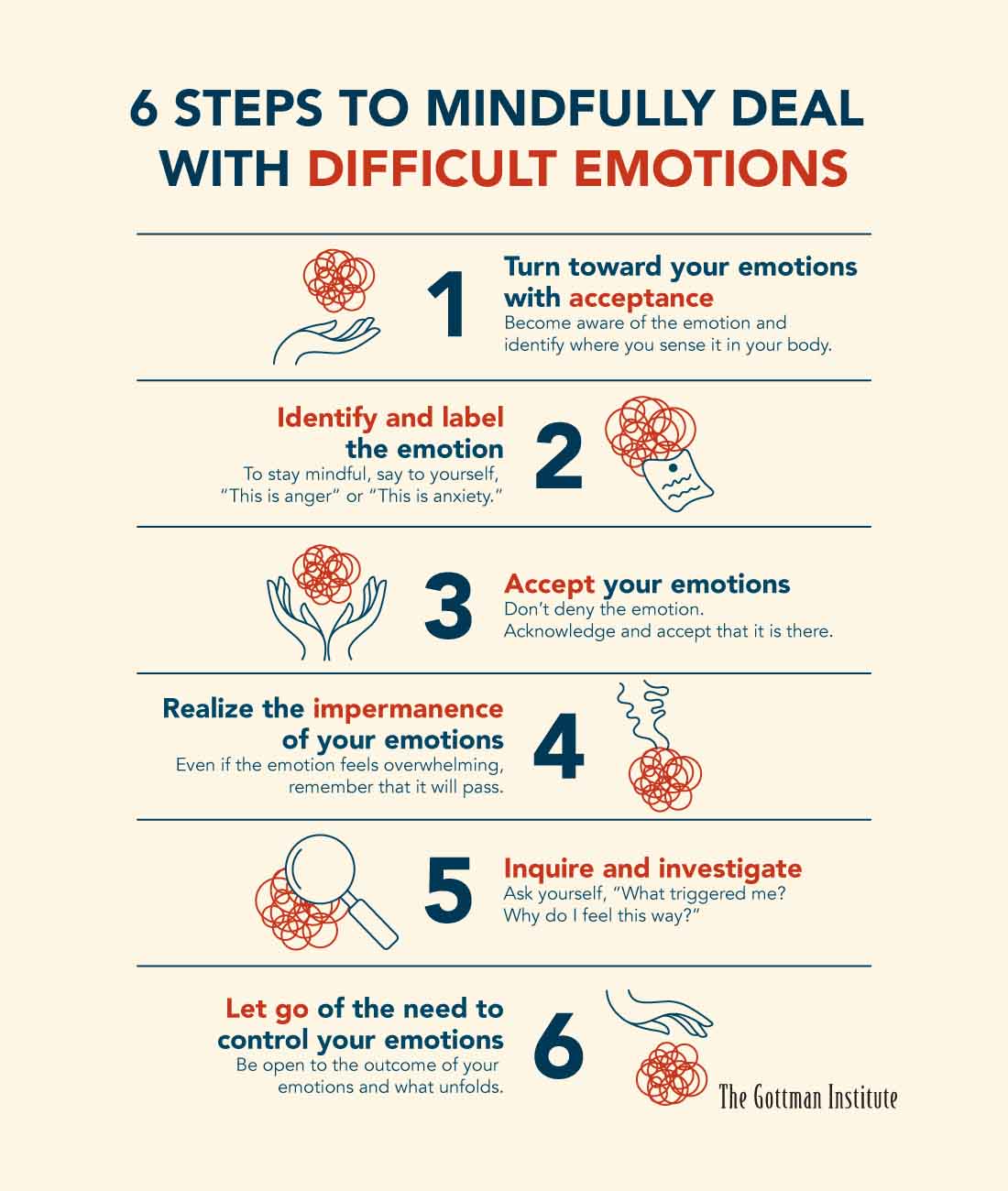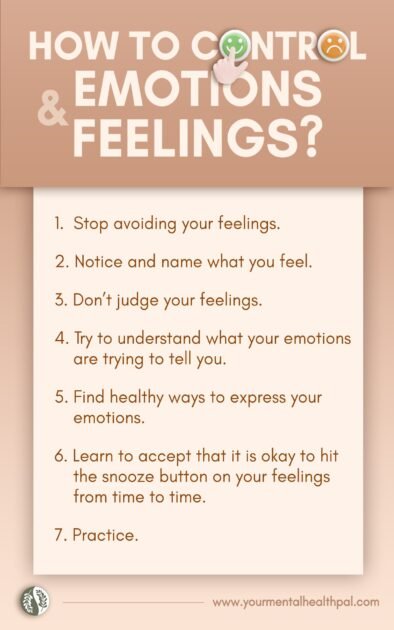How To Not Lose Control Of Your Emotions
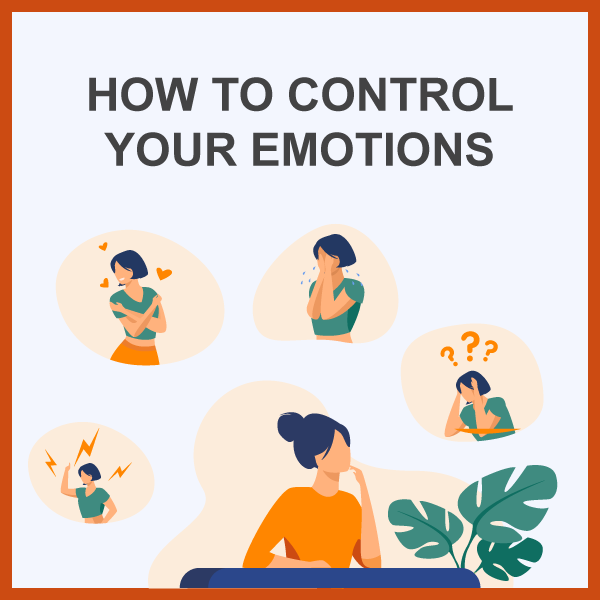
Are you on the verge of emotional eruption? Discover practical strategies to regain control and navigate challenging situations with composure.
This guide provides actionable techniques, drawing from psychological research and expert insights, to help you manage intense emotions and prevent overwhelming outbursts.
Understanding Emotional Triggers
Identifying your personal triggers is the first crucial step. What situations, people, or thoughts consistently evoke strong emotional responses?
Keeping a journal can help track these patterns. Note the antecedent, the behavior, and the consequence.
Immediate Strategies for De-escalation
When feeling overwhelmed, employ the 5-4-3-2-1 grounding technique. This involves identifying five things you can see, four you can touch, three you can hear, two you can smell, and one you can taste.
Deep breathing exercises are proven to calm the nervous system. Inhale deeply for four seconds, hold for six, and exhale slowly for eight.
According to the American Psychological Association, even a few minutes of focused breathing can significantly reduce stress levels.
Long-Term Emotional Regulation Techniques
Mindfulness meditation cultivates awareness of your thoughts and feelings without judgment. Regular practice can increase your ability to observe emotions without reacting impulsively.
Cognitive restructuring involves challenging negative or irrational thoughts. Replace destructive thought patterns with more balanced and realistic perspectives.
"The greatest weapon against stress is our ability to choose one thought over another," says William James, a pioneer of psychology.
Building Emotional Resilience
Prioritize self-care activities that promote well-being. This could include exercise, spending time in nature, or engaging in hobbies you enjoy.
Strong social connections provide emotional support. Cultivate healthy relationships with trusted friends and family members.
Seek professional help if emotional regulation remains a persistent challenge. A therapist can provide personalized strategies and support.
Practical Application in Daily Life
Practice assertive communication to express your needs and boundaries respectfully. Avoid passive or aggressive communication styles that can escalate conflict.
Develop problem-solving skills to address the root causes of emotional distress. Break down overwhelming problems into smaller, manageable steps.
According to a study published in the Journal of Consulting and Clinical Psychology, individuals who employ effective problem-solving strategies experience lower levels of anxiety and depression.
Resources and Support
Numerous online resources and support groups are available. The National Alliance on Mental Illness (NAMI) offers valuable information and support for individuals struggling with emotional regulation.
Consider exploring apps designed to promote mindfulness and emotional well-being. Headspace and Calm are popular options.
Next Steps
Start implementing these strategies today to regain control of your emotions. Consistent practice is key to building emotional resilience and preventing future outbursts.
Consult with a mental health professional for personalized guidance and support. Remember, seeking help is a sign of strength, not weakness.





